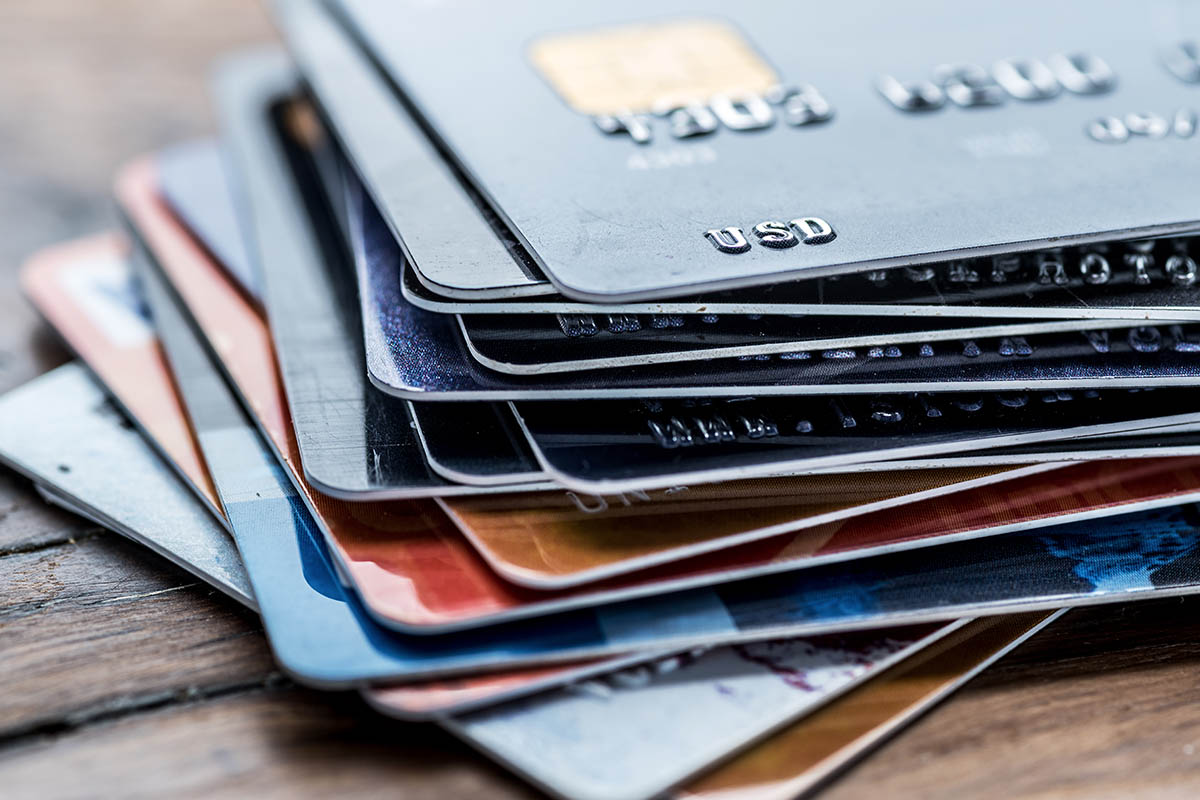Using a credit card can open up a world of possibilities. But it can also cause some financial problems if you don’t use it properly. Don’t worry, though. Avoiding common mistakes is easier than you think, and we’re here to help with a few simple strategies.
Mistake #1: Paying Only the Minimum Balance
One of the most common mistakes is only paying the minimum due on your credit card bill. While it may seem convenient, it’s one of the surest ways to rack up unnecessary interest. The key is to remember that the minimum payment is just that – the minimum. It keeps your account in good standing, but the remaining balance will continue to grow with interest, potentially leaving you with a larger bill down the road.
How to stay ahead: If possible, pay off your monthly balance. If you can’t pay the whole amount, aim to pay more than the minimum to reduce your debt faster and avoid paying extra interest.
Mistake #2: Missing Payment Deadlines
Life can get busy, and letting things slip through the cracks is easy. However, missing a credit card payment can lead to late fees, increased rates, and even damage your credit score. Your payment history is a significant factor in determining your credit score, so staying on top of your due dates is crucial.
Pro tip: Set up automatic payments or reminders on your phone to ensure you never miss a payment deadline. Even if you can only make the minimum payment, staying current will help protect your credit score and avoid late fees.
Mistake #3: Maxing Out Your Credit Limit
Another common mistake is getting close to your credit limit or maxing it out completely. This can harm your credit utilization ratio, which is the percentage of your available credit that you’re using. A high utilization rate can negatively impact your credit score, making it look like you’re relying too heavily on credit.
What you can do: Keep your credit utilization below 30% of your available credit. For example, if your credit limit is $1,000, aim to keep your balance under $300. Doing so will show lenders you’re managing your credit responsibly and can positively impact your credit score.
Mistake #4: Ignoring Your Rewards Program
One mistake many people make is not fully utilizing their card’s rewards. You could be leaving money or valuable perks on the table.
Maximize your rewards: Take a moment to review how your rewards program works. Do you earn more points for dining out, traveling, or grocery shopping? Plan your spending to align with these categories and redeem your points wisely for things that matter to you – a fun vacation or a little cashback to boost your budget! Check out the many reward options available at Quail Creek Bank here.
Mistake #5: Opening Too Many Credit Cards Too Quickly
Signing up for multiple credit cards can be tempting, especially when you’re offered tempting bonuses or perks. However, opening several new cards in a short period can lower your average account age and negatively impact your credit score. Managing multiple payments and balances may also be more challenging, increasing the risk of falling behind.
What to do instead: Be selective about the credit cards you open. Choose cards that fit your lifestyle and spending habits, and make sure you’re comfortable managing them. It’s better to have one or two cards you use regularly and responsibly than to juggle several and risk making mistakes. See what’s available at Quail Creek Bank here.
Mistake #6: Carrying a Balance to Boost Your Credit Score
There’s a common misconception that carrying a balance on your credit card will improve your credit score. But in reality, carrying a balance only leads to paying more interest – it doesn’t help your credit.
A better strategy: Always aim to pay off your balance in full each billing cycle. You’ll avoid interest charges and show lenders you can manage credit effectively. It’s a win-win for both your wallet and your credit score.
Mistake #7: Not Reviewing Your Credit Card Statement
It can be easy to overlook, but regularly reviewing your credit card statement is one of the best ways to stay on top of your finances. Skipping this step could mean missing out on spotting fraudulent charges or billing errors.
Make it a habit: Review your statement for a few minutes each month. Look for any unfamiliar charges and report them right away. Keeping an eye on your spending also helps you stay mindful of your budget and avoid overspending.
Mistake #8: Closing Old Credit Card Accounts
When you pay off a credit card, you might think the next best step is to close the account. However, closing old accounts can actually hurt your credit score by reducing your available credit and shortening the average age of your credit accounts.
Best practice: Keep your oldest credit card open, even if you don’t use it regularly. It adds to the length of your credit history and can help improve your score. Just remember to use it occasionally for small purchases to keep it active.
Credit cards can be powerful financial tools when used wisely.
By avoiding these common pitfalls, you’ll protect your credit score and make the most of your card’s benefits. And remember, we’re here to help. If you have questions about your credit card or need assistance, please contact us at (405) 755-1000.


